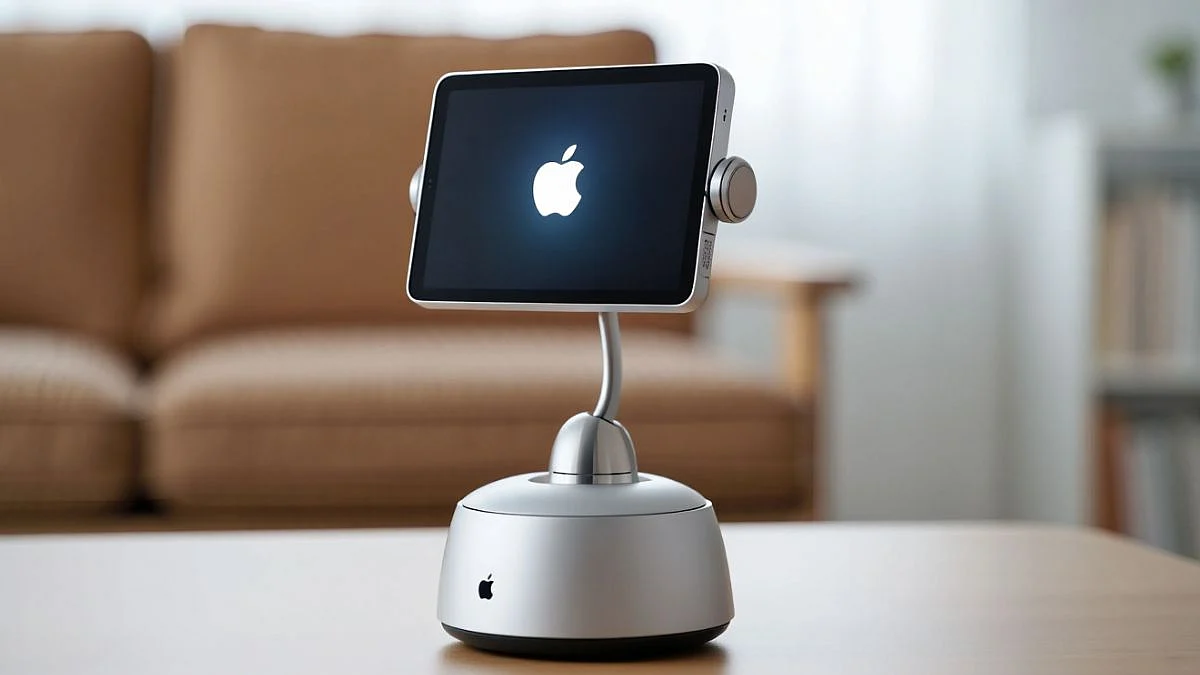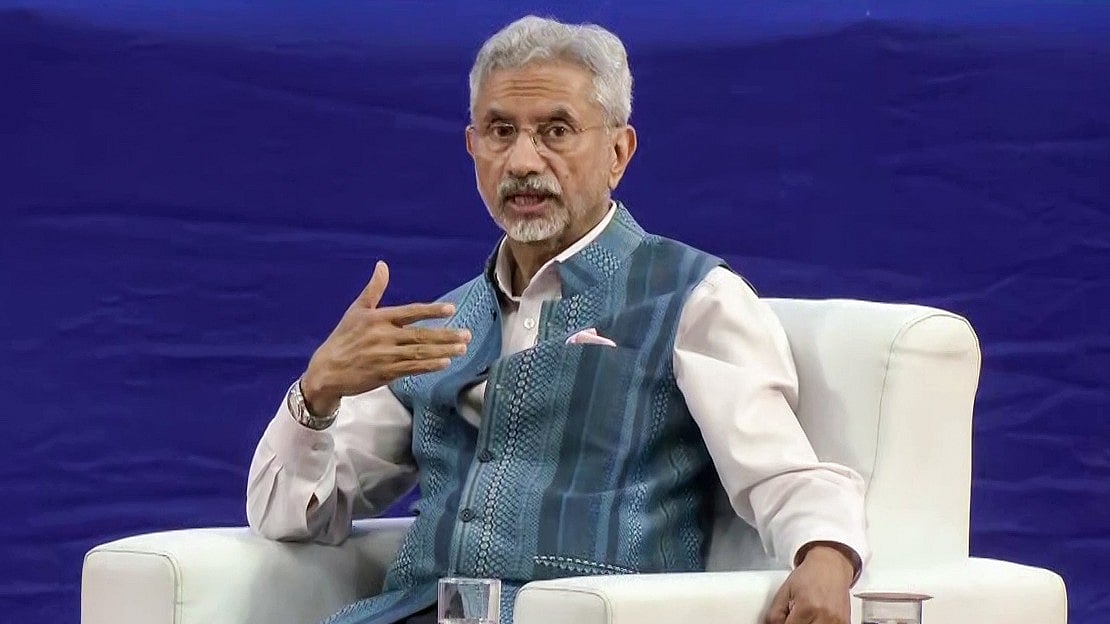Chinese scientists are developing the world’s first “gestation robot” that could potentially give birth to a live baby, as per The Telegraph report. The groundbreaking technology is being designed to imitate a full pregnancy cycle, from conception to delivery.
The fetus would grow inside an artificial womb and receive nutrients through a tube. While the exact process of fertilisation has not been disclosed, the project is being spearheaded by Guangzhou-based Kaiwa Technology under the leadership of Dr Zhang Qifeng, a scientist from Nanyang Technological University, Singapore.
If not successful, the innovation could assist infertile couples or persons who prefer not to undergo a biological pregnancy. Dr Zhang has claimed that the technology is already in a “mature stage.” He explained, “Now it needs to be implanted in the robot’s abdomen so that a real person and the robot can interact to achieve pregnancy, allowing the fetus to grow inside.”
A prototype is expected to be launched in 2026, with an estimated price of 100,000 yuan (approximately 14,000 USD).
The project has generated a debate around ethical implications, including concerns about fetal-maternal bonding, sourcing of eggs and sperm, and the potential psychological impact on the child born through this process. Nevertheless, experts suggest that it could revolutionise reproductive science by offering new options to those struggling with infertility, a condition affecting about 15% of couples in the world.
The concept builds on earlier research in artificial wombs, including a 2017 experiment in which premature lambs were sustained inside a ‘biobag’ filled with synthetic amniotic fluid.
Dr Zhang’s team is also in discussions with Guangdong Province authorities to address policy and legislation related to the legal and ethical dimensions of the technology, as per the report.










